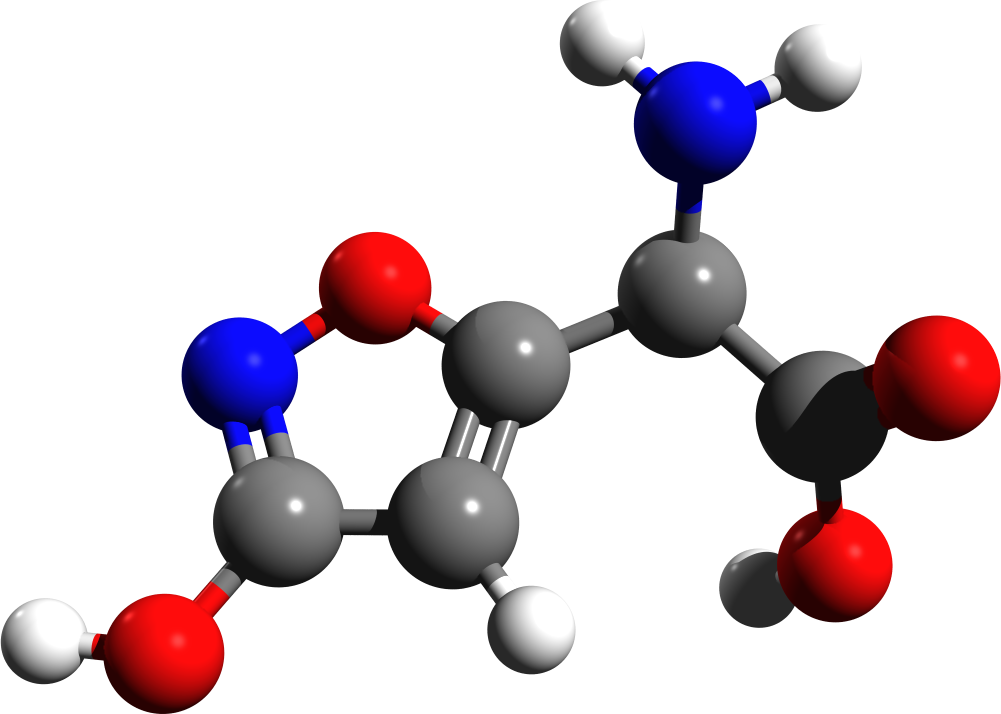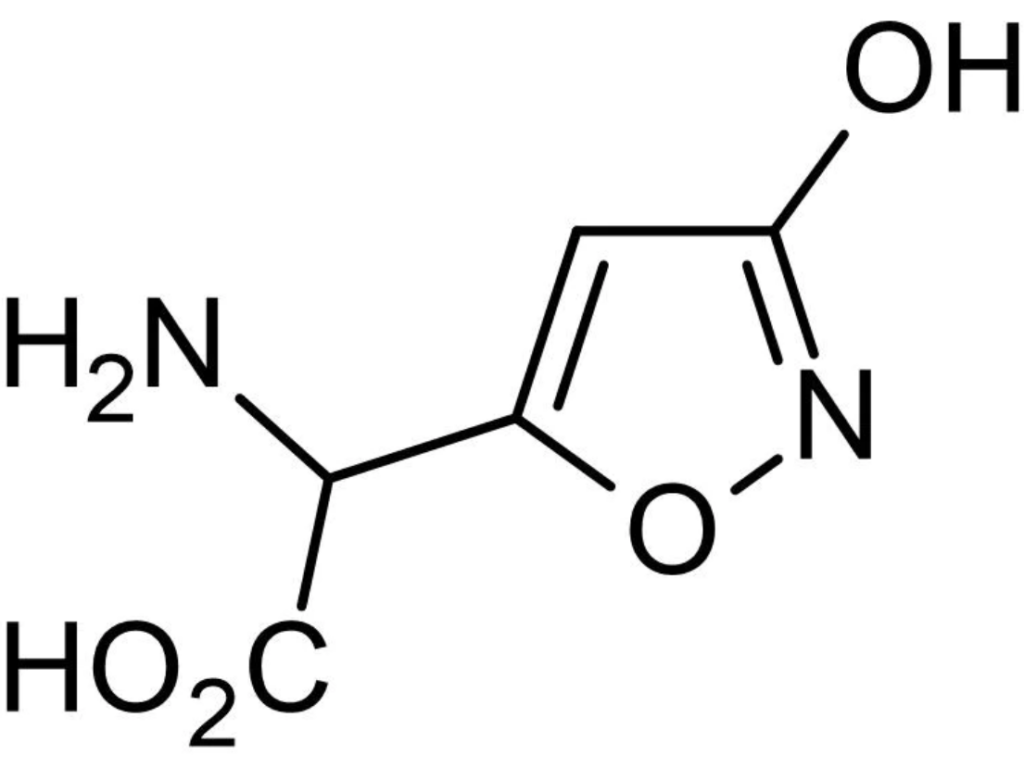
Ibotenic acid is a natural amino acid that is commonly found in certain mushrooms, including the Amanita muscaria mushroom. It is known for its psychoactive properties and has been used in traditional medicine for centuries. In recent years, ibotenic acid has gained attention for its potential therapeutic uses, particularly in the treatment of neurological disorders. In this blog post, we will explore the properties of ibotenic acid and its potential benefits.
Psychoactive properties
Ibotenic acid is perhaps best known for its psychoactive effects. When consumed in sufficient quantities, it can cause hallucinations, euphoria, and other altered states of consciousness. This property has led to the use of certain types of mushrooms containing ibotenic acid in traditional medicine and religious ceremonies for thousands of years.
While the psychoactive effects of ibotenic acid are not without risk, they have also led to research into the use of this compound as a potential treatment for certain mental health disorders, such as depression and anxiety.
Neuroprotective properties
In addition to its psychoactive effects, ibotenic acid has also been shown to have neuroprotective properties. It has been found to increase the expression of neurotrophic factors, which are important for the growth and survival of neurons in the brain. The key property of ibotenic acid is its ability to act as an agonist for the NMDA receptor. This is a type of receptor in the brain that is involved in learning and memory. By binding to this receptor and activating it, ibotenic acid can potentially enhance cognitive function and memory formation.
This property has led to research into the use of ibotenic acid as a potential treatment for cognitive disorders such as dementia and Alzheimer’s disease.
Antimicrobial properties
Ibotenic acid has been shown to have antimicrobial properties, particularly against bacteria such as Staphylococcus aureus and Streptococcus pyogenes. This suggests that it may have potential uses as an antibacterial agent in the treatment of infections.
Analgesic properties
Ibotenic acid has also been found to have analgesic properties, meaning that it can reduce pain. This is thought to be due to its ability to activate the glutamate receptor, which is involved in the transmission of pain signals in the brain.
While ibotenic acid has several interesting properties, it is important to note that it is also a toxic compound.
